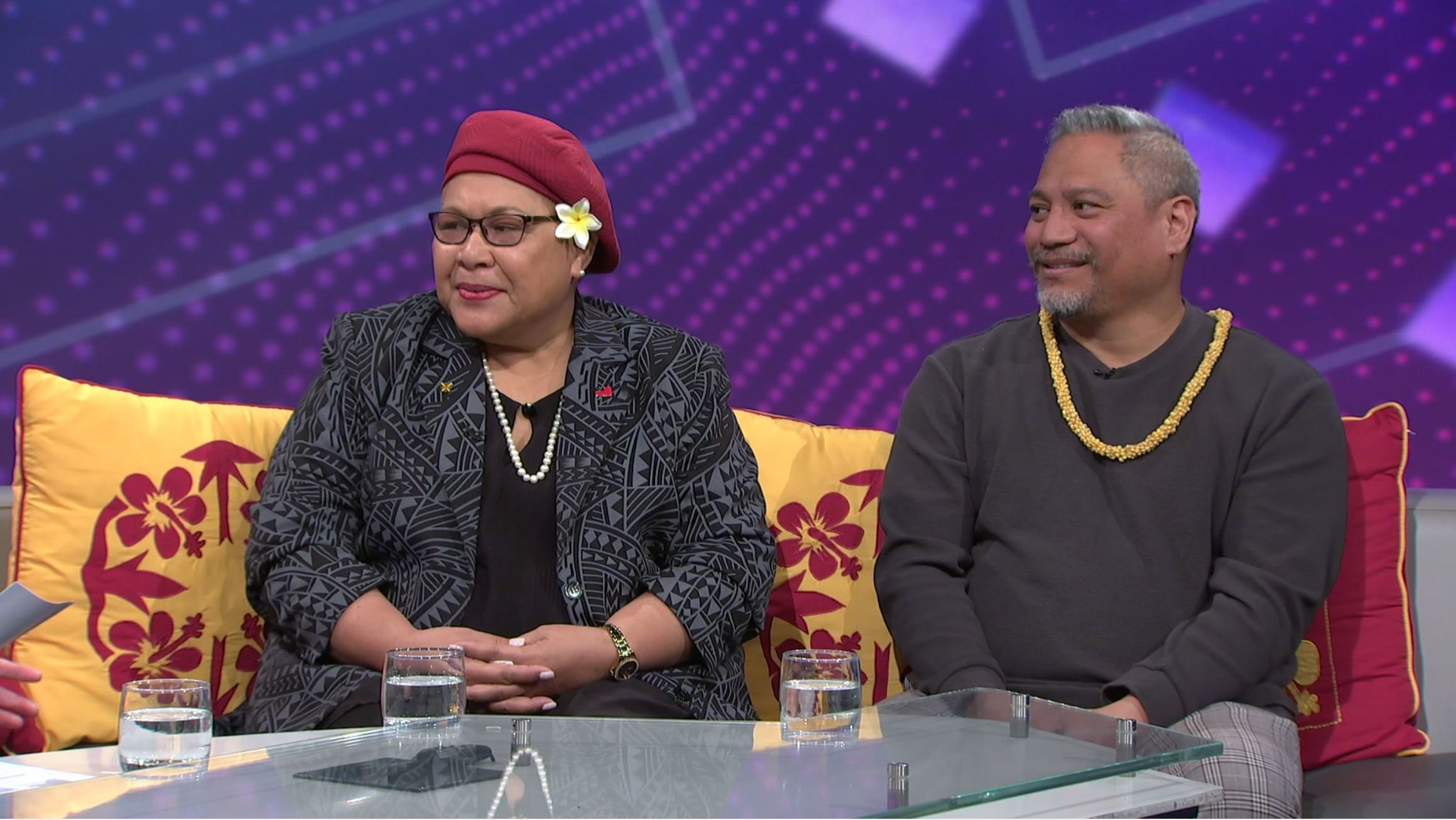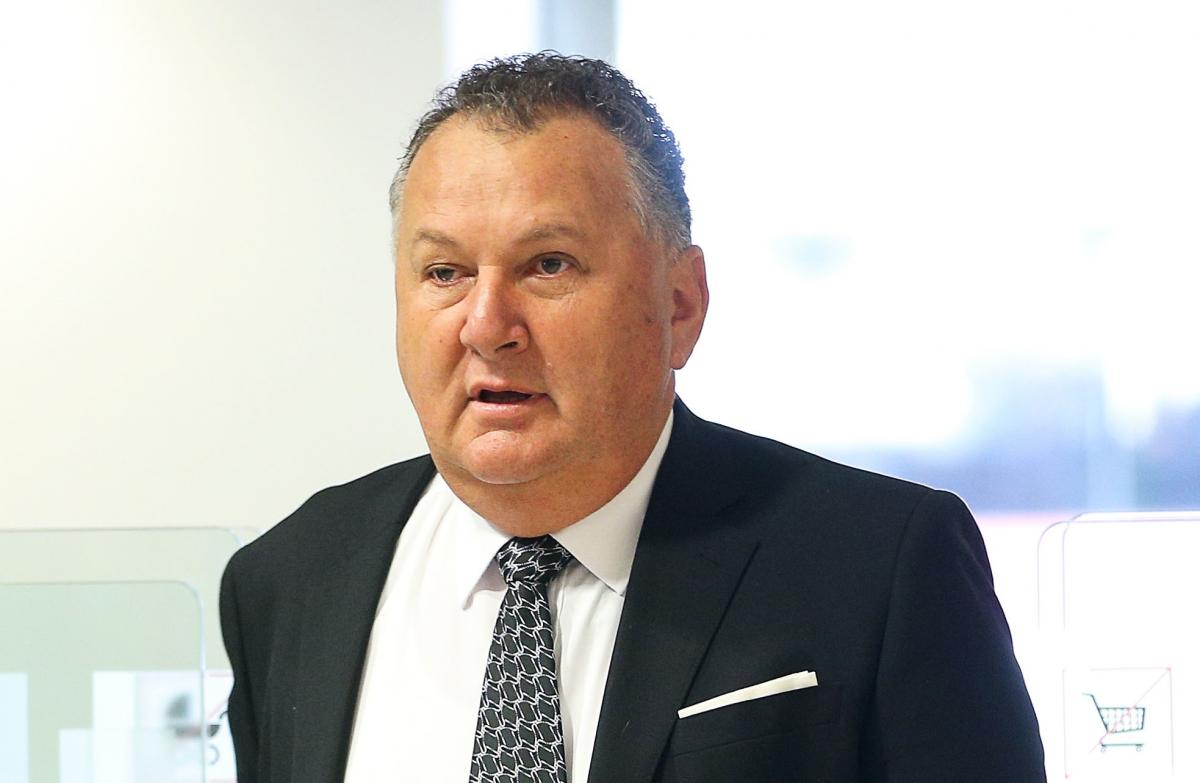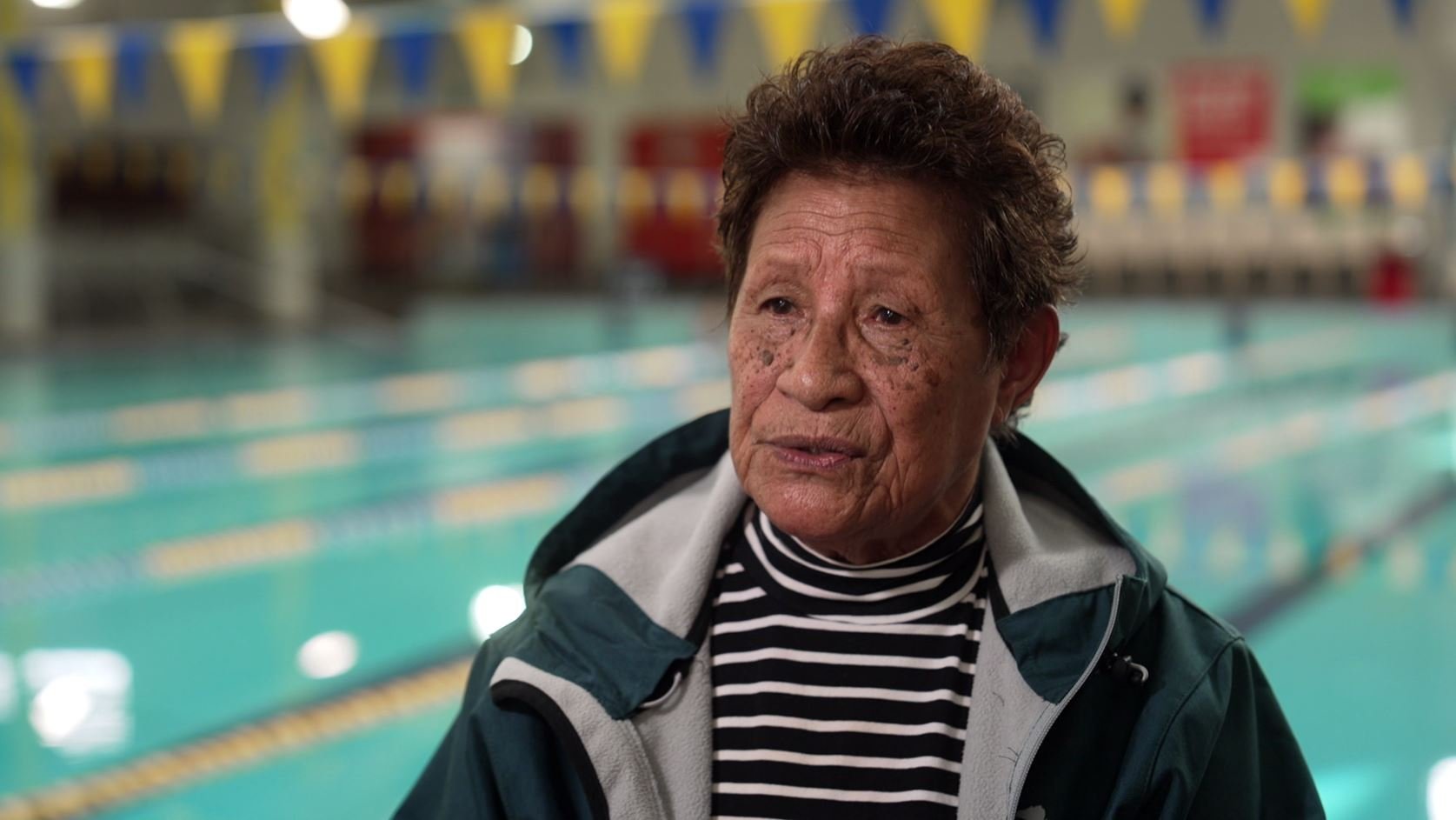By Anauli Karima Fai’ai
Samoa goes to the polls next week to elect a new government, and this time there’s likely to be stiff competition for the ruling HRPP Party of Tuilaepa Sailele Malielegaoi. That contest is expected to be provided by the new opposition ‘FAST’ Party led by former deputy prime minister in Tuilaepa’s government, Fiame Naomi Mata’afa.
When you ask Fiame Naomi Mata’afa about the current government’s performance over the last term, she doesn’t mince her words.
“There hasn’t been that care or responsibility that people keep within their mandated powers, and it’s just become ‘if you have the numbers you can do what you like,’” she says.
The former Human Rights Protection Party (HRPP) member and deputy prime minister is candid about her plans to replace them.
“No one runs a race to come in as number two… We’re running this race to come in as number one.”
Her determination is a reflection of Samoa’s growing desire for change, and next week’s election will provide an avenue for many to voice their discontent.
Political commentator Mata’afa Keni Lesa says it will likely be one of the most hotly contested elections for some time.
“There’s a lot of anticipation, there’s a lot of excitement, and there’s a lot of nervous candidates out there,” he says.
After nearly 40 years in power, HRPP will face stiff competition from newcomer Faatuatua i le atua Samoa ua Tasi, better known as FAST Party.
Mata’afa says it’s the beginning of a new age for Samoan politics.
“I think it’s time for a change simply for the fact that we’ve had a government that has ruled us for nearly 40 years, and I think it’s unhealthy in terms of a democracy.”
FAST was founded last July by former HRPP minister Laauli Leuatea Polataivao Schmidt in response to controversial constitutional amendments proposed by the government.
The amendments also led Fiame to tender her resignation two months later and become an independent member.
“It was a very easy decision for me to make you know – once I saw the bills, once I saw the party were solidly behind [them]…there’s nothing much you can do, so if you can’t stay in, you have to step out,” she says.
She was approached by FAST immediately and last month was officially announced as its leader.
“I endorsed the FAST platform and what they stood for.”
“There’s not much you can do as an independent; political parties are the way to work.”
Nanai Dr Iati Iati, Senior Lecturer in Politics and International Relations at Victoria University, says Fiame addition adds immense value to FAST Party’s campaign.
“She’s going to bring a lot of legitimacy to the party.”
“Fiame can also claim – rightly so around the region – that she’s also built up quite a good international reputation, particularly as one of the few female leaders from this region.”
Nanai says HRPP have coped well as a government given the circumstances they have faced.
“I think to be fair to the HRPP, it hasn’t been an easy road for any Pacific Island government to navigate the post-colonial period,” he says
“Things need to be put into that context to understand that it’s been a very difficult road for many Pacific Island governments.”
“But also, there have been some legitimate criticisms of their performance in terms of accountability, legitimacy and transparency.”
Mata’afa says despite the need for change, HRPP may be strong enough to hold off FAST’s groundswell of support which has extended to diasporic communities in New Zealand, Australia and the United States.
“I don’t think FAST will win the election, but I am hoping they will come with at least 15 [seats] and then that will give us a solid opposition where we can begin to make a move on things that this country needs in terms of a democracy.”
“Some of the biggest challenges we’ve seen in Samoa during the past – I’m talking about 20 years – a lot of that really is because it came down to the fact that we did not have a strong opposition, and we are really missing those checks and balances that we need to have in terms of a democracy.”
But FAST are not looking to be opposition; they want change and that means they are eyeing the hot seat.
“With HRPP, when you’ve been there for very long, then there is this very top down type of approach. But what I’ve enjoyed with FAST is that it’s very people-centred, so it’s very much a ground up approach,” Fiame says.





















































































